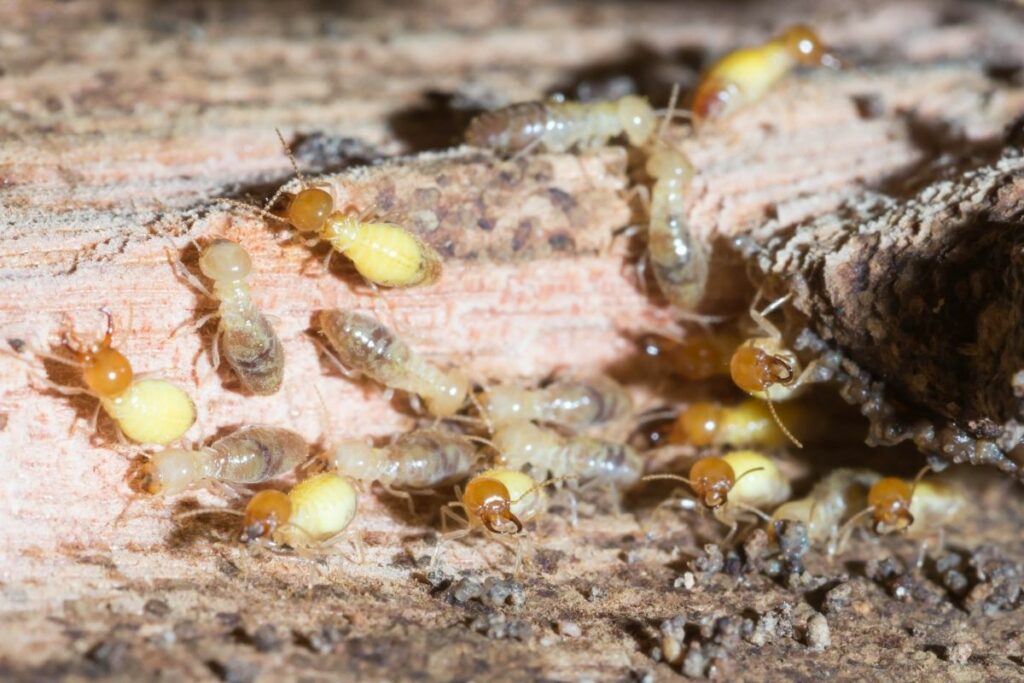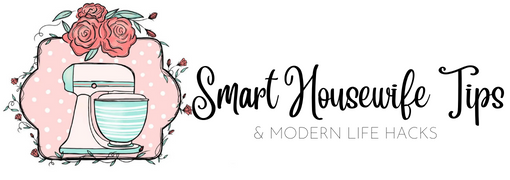We see different insects every day, and one of them is termites. We see these little creatures in our houses where there’s wood, and some of us would ask the question, “Do termites bite?” So, do termites bite, and what makes them bite? It’s not a simple yes or no, but technically, they can bite people, but they aren’t known to do so. They only bite if they feel threatened, but they mainly feed on wood.

What Happens if a Termite Bites You?
Do termites bite? They can, but what happens if they did? If you got bit by a termite for whatever reason, chances are you won’t feel anything, and you’ll be just fine. Insect bites are different for us because some of us may be fine with it, but some would have allergic reactions that could differ from person to person. These reactions vary from mild to critical, and if you experience dizziness, difficulty breathing, and other symptoms, you should seek care immediately.
What Can Termites Do?
Getting bit by termites is only just a minor hiccup for you, as they can cause more significant problems to your home. They can damage our homes and cost us thousands of dollars just for repairs. It is important to use preventative measures to help reduce problems that could come in the long run. There are many ways we can do to get rid of termites.
Getting Rid of Termites
Before we talk about ways to get rid of termites, we need to know the different types of termites that can infest our homes; Subterranean Termites and Drywood Termites.
Subterranean Termites
This type of termite lives on the foundations of your house, the soil, and compost piles present around the area. They require contact with soil to live. They have saw-toothed jaws that could deal more damage to your property compared to dry wood termites. They have a large colony, ranging up to a million termites.
Drywood Termites
The dry wood termites live exclusively on wood and don’t require soil to live. Compared to their subterranean counterpart, their colonies only range up to 2,500.
Now for the main part: getting rid of termites. You can use termite-killing products or baits to help prevent termite infestations. There are a lot of methods that are very useful to help get rid of termites. Here are some ways you can do:
Direct Chemicals
These chemicals can be used inside your homes. Using this method is pretty useful when you spot a termite-infested area, such as the cracks and crevices inside your house. You can use Termidor Foam on these crevices as it will expand and leaves behind a poisonous residue that kills termites on contact. This method can last for a month or longer.
Bioadvanced Termite and Carpenter Bee Killer Plus
Termiticide Barriers
This method is used outside your home to create a barrier that prevents termites from getting into your house. They can’t be detected by termites, making it easier for you to get rid of them before they even start to infest your property. Without their knowledge, they will feed on woods or any materials treated with termiticides and eventually kill them. Another good thing with termiticides is that they act like a virus. When one termite gets in contact with the termiticide, it will carry it around and infect other termite colonies, killing them. This method is best for subterranean termites that tend to come from the soils to your home.
Termite Baits
Another helpful method that you can use is to get rid of subterranean termites. These baits have been proven helpful when treating termite infestations. It attracts termites to the poison that will eventually kill them as they molt. Termites could carry this poison because of the poison’s delayed action and bring it to their colony and transmit it to other termites.
Spot Treatment
This method, best used against dry wood termites, is for when dealing with painted or finished wood. You have to drill holes every 10 inches or so, then fill the gaps with termiticides. Don’t forget to close the holes after filling them up.
Essential Oils
Essential oils can kill termites slowly by inhibiting their ability to molt or even lay eggs. A mixture of water, with a couple of drops of dish soap and ten drops or so of your chosen essential oil. Shake and spray thoroughly on infested wood surfaces and other materials.
Boric Acid
Boric acid is a proven and tested method for killing termites, and this is one of the main ingredients different termiticides use in their mixtures. Just a simple spray on the cracks and crevices on your house, and you’re good to go. Boric acid dehydrates the termites and shuts down their nervous system.
Diatomaceous Earth
This method kills termites by also dehydrating them, as well as penetrating their exoskeleton. Just sprinkle the powder around the location where termites are.
Cardboard Trap
You can make a DIY bait with this method, just wet two pieces of cardboard and stack them together. The cellulose present on the cardboard will attract the termites, and they will get trapped in between the two pieces of cardboard. Once it dries, you can then take it outside and burn it. This method isn’t very efficient, though, because you can’t be sure that you have trapped every termite in the area. This is just a method that you can do quickly but should not be used as a primary termite exterminator.
I hope this answers the question, “Do termites bite?” If you ever see clues that point to a termite infestation, you should immediately try to get rid of them as soon as possible to prevent further problems in the long run. Assess the situation, check different places inside and outside your house that could be a potential place for termites to thrive, and try to do the methods stated above, whatever you think is best for your situation. If problems persist, you can always seek professional help. There are many termite control services available, and they could also give you advice on what to do in the future and how to maintain it.




